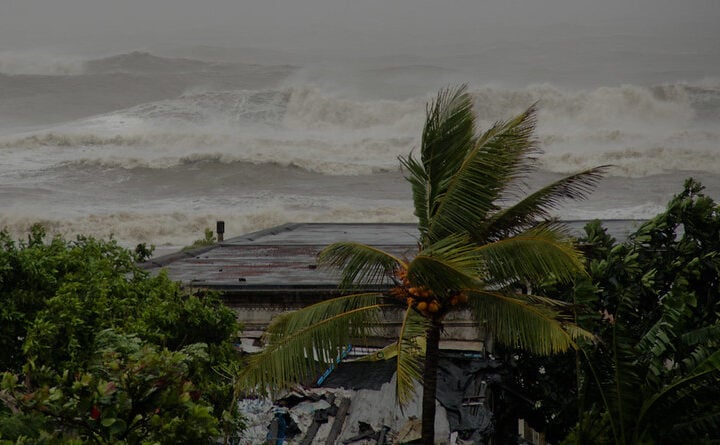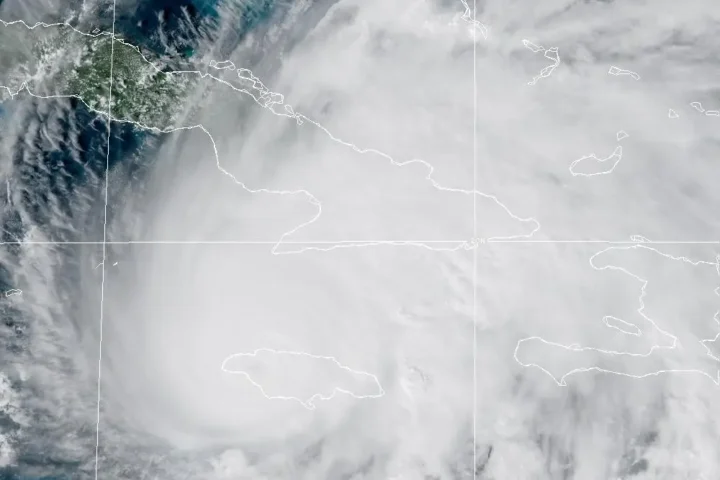The International Court of Justice (ICJ) delivered a unanimous landmark ruling on July 23, 2025, declaring that states have binding legal obligations to protect the climate system from greenhouse gas emissions. The Court found that breaching obligations related to climate protection, such as failing to adopt measures capable of achieving the 1.5°C Paris temperature goal, could constitute an internationally wrongful act, potentially requiring cessation, guarantees of non-repetition, and reparations.
Record-Breaking Global Participation Shows Climate Crisis Urgency
The Advisory Opinion on “Obligations of States in respect of Climate Change” saw unprecedented global engagement—91 written statements, 62 written comments, and oral statements from 96 States and 11 international organizations. This represents the highest level of participation in any proceeding throughout the Court’s nearly 80-year history.
The Court unanimously adopted the opinion, making it only the fifth time that all 15 judges agreed without dissent, underscoring the global consensus on climate action requirements.
Binding Legal Obligations Under Treaties and Customary Law
The ICJ identified specific obligations that states must follow under international law. These include:
Under climate treaties:
- Adopting measures to mitigate greenhouse gas emissions and adapt to climate change
- Preparing, communicating, and maintaining successive and progressive nationally determined contributions (NDCs)
- Pursuing measures capable of achieving the objectives in their NDCs
- Fulfilling adaptation and cooperation obligations, including through technology and financial transfers
Under customary international law:
- Acting with due diligence to prevent activities within their jurisdiction from causing significant harm to the climate system
- Cooperating in good faith with other states to prevent significant climate harm
The Court also found obligations under other environmental treaties, including the Vienna Convention for the Protection of the Ozone Layer, the Montreal Protocol, the Convention on Biological Diversity, and the UN Convention to Combat Desertification.
Human Rights Framework Strengthens Climate Obligations
For the first time, the ICJ explicitly linked climate protection to human rights law, stating that “States have obligations under international human rights law to respect and ensure the effective enjoyment of human rights by taking necessary measures to protect the climate system.”
This echoes the recent recognition that a “clean, healthy and sustainable environment” is necessary for human rights enjoyment, creating additional legal pathways for climate action.
Legal Consequences: Responsibility and Reparations
States breaching their climate obligations may face several legal consequences:
- Cessation of wrongful actions or omissions if continuing
- Providing assurances and guarantees of non-repetition
- Full reparation to injured states through restitution, compensation, and satisfaction
The Court acknowledged that while establishing causation for climate damage is complex, it remains possible to determine a “sufficiently direct and certain causal nexus” between a state’s actions and climate harm.
Similar Posts
Scientific Basis: IPCC Findings Establish Legal Standards
The ICJ relied heavily on Intergovernmental Panel on Climate Change (IPCC) reports to establish what constitutes “best available science” for defining due diligence standards. The Court specifically cited the IPCC’s Sixth Assessment Report (AR6) findings in paragraph 74 of its opinion.
This science-based approach provides clarity on what actions states must take to meet their legal obligations, requiring policies aligned with limiting warming to 1.5°C.
Small Island States and Vulnerable Nations Gain Legal Standing
The ICJ specifically addressed the situation of “small island developing States”, which due to their geographical circumstances and level of development, are injured or specially affected by or are particularly vulnerable to the adverse effects of climate change.
The Court clarified that while all injured states are entitled to the same remedies, the specific vulnerabilities of certain nations are recognized in the “primary rules” of international law.
Youth-Led Initiative Delivers Global Impact
The case originated from a powerful grassroots movement. The Pacific Island Students Fighting Climate Change inspired Vanuatu to announce in September 2021 that it would seek an ICJ advisory opinion. After extensive diplomatic efforts, the UN General Assembly adopted resolution 77/276 on March 29, 2023, requesting the opinion.
UN Secretary-General António Guterres celebrated this youth contribution in his response: “This is a victory for our planet, for climate justice and for the power of young people to make a difference.”
Global Leadership Reactions
Dr. Grethel Aguilar, IUCN Director General, said: “IUCN welcomes this important advisory opinion, which strengthens the global legal framework and reinforces the urgent imperative to limit warming to 1.5°C.”
Professor Christina Voigt, Chair of the IUCN World Commission on Environmental Law, who served as Lead Counsel for IUCN at the proceedings, stated: “The highest judicial body of the UN has spoken—and it has spoken clearly: every State has an obligation under international law to act with a stringent level of due diligence to prevent global warming from exceeding the 1.5°C threshold.”
Parallel Climate Rulings Create Strong Legal Framework
The ICJ opinion builds on recent climate rulings from other international courts:
- The European Court of Human Rights’ KlimaSeniorinnen v. Switzerland case (April 2024) held that state climate inaction violates human rights
- The International Tribunal for the Law of the Sea issued a similar Advisory Opinion on May 21, 2024
- The Inter-American Court of Human Rights delivered its Advisory Opinion in July 2025
Together, these rulings establish a consistent international legal framework requiring climate action.
Financing Gap Remains a Challenge
While the ICJ opinion strengthens legal obligations, questions remain about financing climate mitigation and adaptation. Current funding falls far short of what’s needed, with the UN Environment Programme estimating that developing countries will need approximately $359 billion annually by 2030 for climate adaptation alone.
The Court recognized “common but differentiated responsibilities and respective capabilities,” acknowledging historical differences in emissions contributions while requiring all states to act according to their capacity.
Erga Omnes Partes: A Legal Basis for Enforcement
The Court determined that obligations to protect the climate system are “erga omnes partes” (owed to all parties), meaning every state party to climate treaties has legal standing to challenge non-compliance by others.
This creates a legal pathway for any state to hold major emitters accountable, regardless of whether they directly suffer climate impacts.
From Advisory to Action
While the ICJ Advisory Opinion is not directly binding, it carries significant legal weight and will influence national courts, climate negotiations, and policy development worldwide. The Court’s thorough examination of states’ obligations provides authoritative guidance that will shape both international and domestic climate litigation.
The upcoming UN Climate Change Conference (COP30) in Belém, Brazil, in November will be the first major test of how this opinion influences global policy.The ICJ’s conclusion, as stated in paragraph 456 of the opinion, acknowledges its role in addressing the climate crisis: “Through this Opinion, [the Court] is participating in the activities of the United Nations and the international community represented in that body, with the hope that its conclusions will allow the law to inform and guide social and political action to address the ongoing climate crisis.”


















